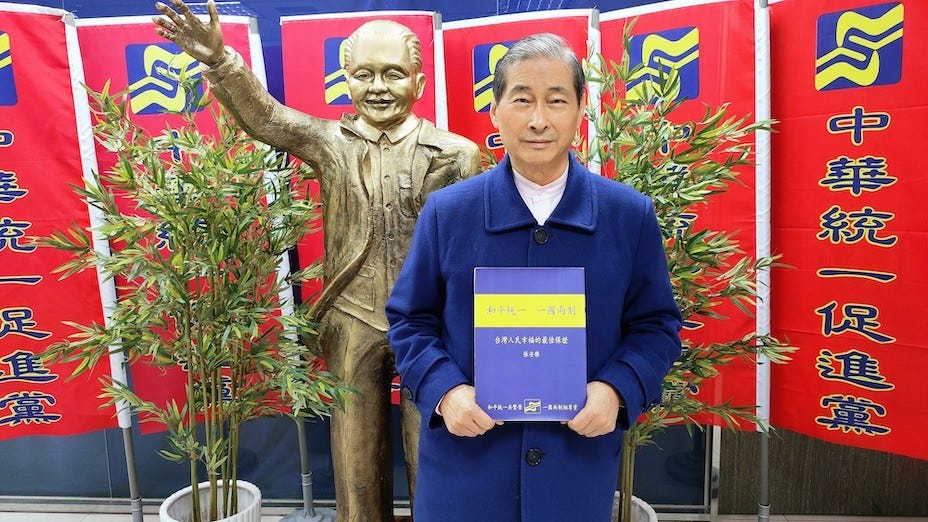Yakuza, White Wolf of the Bamboo Union, and Chinese Communist United Front
The Asian Crime Century briefing twenty one
The Bamboo Union (竹聯幫) triad society in Taiwan has reportedly invited members of the Kyokuryu-kai yakuza group from Okinawa to visit and attend several banquets. The invitation was jointly from the Chinese Unification Promotion Party (CUPP) and a branch of the ‘Hongmen’, a patriotic society that is believed to be a front for the Bamboo Union.
During thei…



